The Google Pixel Tablet 3 could get one very "Pro" feature

Google Pixel Tablet. | Image credit — PhoneArena
The second USB-C port on the Pixel Tablet 3 is expected to be USB 3.2 compliant and support DisplayPort output. This means users could potentially connect up to four external displays to the tablet – two directly through the USB-C ports and two more via daisy-chaining. This opens up possibilities for multitasking and productivity, transforming the tablet into a more desktop-like experience.
Google Pixel Tablet's USB-C port. | Image credit — PhoneArena
While Android may not be a full-fledged desktop operating system yet, it's capable of handling many everyday tasks. The addition of a second USB-C port and external display support could make the Pixel Tablet 3 a compelling alternative to traditional laptops, especially for users who value portability and affordability.
Google's commitment to the dock concept, along with the addition of a second USB-C port, suggests a clear vision for the future of the Pixel Tablet. It's exciting to see Google pushing the boundaries of what a tablet can be, and the Pixel Tablet 3 could be a significant step in that direction.
As someone who enjoys using tablets for both work and leisure, I'm intrigued by the potential of the Pixel Tablet 3. The added connectivity and potential for a more desktop-like experience could make it a game-changer in the tablet market. I'm eager to see how Google implements these features and how they will impact the overall user experience.



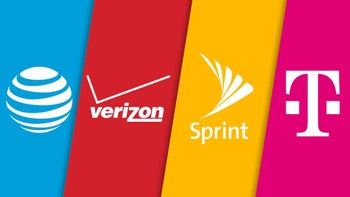



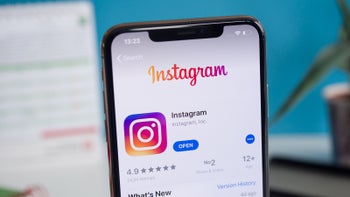
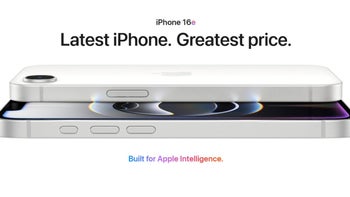
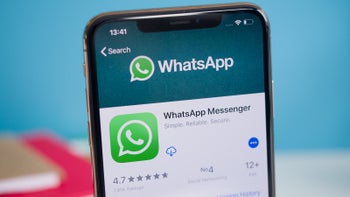
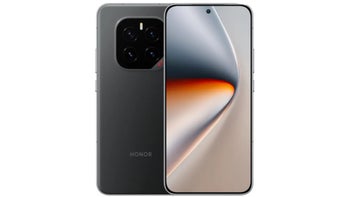
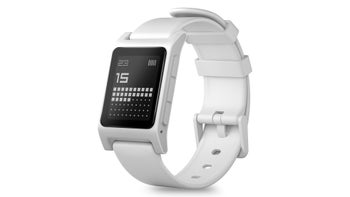
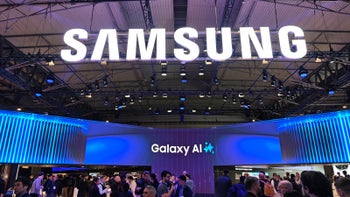
Things that are NOT allowed: